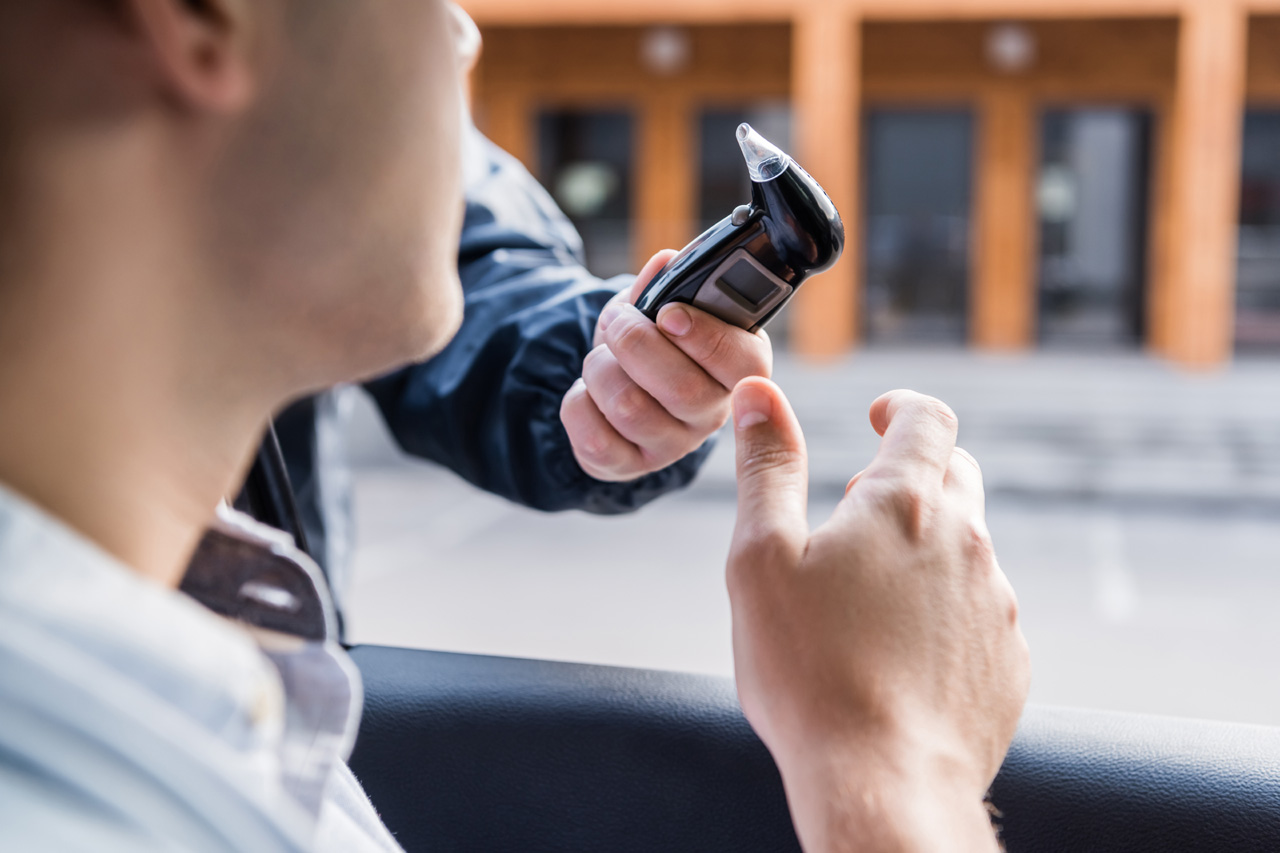6 Common Issues with Breathalyzer Tests

Breathalyzer tests are widely used by law enforcement to measure blood alcohol content (BAC), but they are far from perfect. These tests have been known to yield inaccurate results in some cases, sometimes leading to unjust charges. Knowing the limitations and potential errors associated with breathalyzer tests can make a significant difference in defending against a DUI charge.
With over 30 years of experience in Maryland’s legal system, the Law Office of Hillel Traub has handled numerous cases involving the reliability of breathalyzer tests. These results are often subject to scrutiny due to improper calibration, maintenance issues, or human error during administration. As a former lawyer for the MVA, Attorney Hillel Traub applies a deep understanding of these complexities to help clients navigate such challenges effectively.
Potential Pitfalls of Maryland Breathalyzer Tests
Breathalyzer tests assess whether a driver is under the influence, rapidly providing BAC results. Unfortunately, these results are not always accurate. Potential pitfalls may include:
Poor Calibration
An improperly calibrated breathalyzer could produce faulty results, potentially leading to unjust charges or dismissals. Defense attorneys often examine maintenance logs and calibration records to challenge inaccurate readings in court.
Environmental Factors
Breathalyzer results can be influenced by several external factors, including temperature, altitude, and even humidity. For instance, colder temperatures can slow the chemical reactions within the breathalyzer, potentially leading to incorrect results. Additionally, high altitudes or significant humidity levels can affect a person’s breathing pattern, which may interfere with BAC readings.
Medical Conditions
Certain medical conditions can influence breathalyzer results. For example, individuals with acid reflux or gastroesophageal reflux disease (GERD) may have alcohol present in their mouth rather than their breath, which can falsely elevate BAC readings. Similarly, diabetics may produce acetone in their breath, which some breathalyzers can misinterpret as alcohol.
Prescription Medications
Prescription medications, particularly those containing alcohol, can also lead to inaccurate breathalyzer results. In some cases, these medications produce alcohol vapor that a breathalyzer could mistakenly identify as consumed alcohol.
Mouth Alcohol Contamination
Breathalyzers are designed to measure alcohol in the deep lung air, also known as alveolar air. However, alcohol residue from recent consumption, dental work, or certain products like mouthwash can cause “mouth alcohol” contamination. If alcohol lingers in the mouth, the breathalyzer may detect it and provide an inaccurately high BAC reading.
Improper Testing Procedures
Law enforcement officers are trained to follow specific procedures when administering breathalyzer tests. Any deviation, such as rushing the test or not observing the individual for a set period before testing, can compromise results. Most jurisdictions require officers to observe a 15–20 minute waiting period before administering the test, allowing any residual alcohol in the mouth to dissipate.
In high-pressure situations, officers may also inadvertently make mistakes. These errors can create opportunities for questioning the accuracy of the reported BAC level.
How an Attorney Can Challenge Your Breathalyzer Results
When fighting a DUI charge, an experienced attorney can be your strongest ally in challenging breathalyzer results. One of the most effective ways an attorney can help is by scrutinizing the calibration and maintenance records of the device used in your case. If the breathalyzer was not properly calibrated or maintained, your attorney can argue the results were unreliable. By requesting maintenance logs and calibration certificates, a skilled attorney can also identify any discrepancies or failures in the device’s upkeep that could have compromised its accuracy.
Additionally, an attorney’s attention to detail and knowledge of proper testing protocols can often uncover significant flaws in the process that may lead to the dismissal of charges or a reduction in penalties.
Consult a Former MVA Attorney for Skilled DUI Defense in Maryland
At the Law Office of Hillel Traub, we know that inaccuracies in breathalyzer test results can lead to life-altering charges. As a former MVA lawyer with over 30 years of experience, Attorney Hillel Traub has handled numerous DUI cases where unreliable BAC readings were key. You deserve an attorney who understands these challenges and can effectively challenge flawed evidence in court.
Call (410) 580-1100 or reach out via our contact form today.